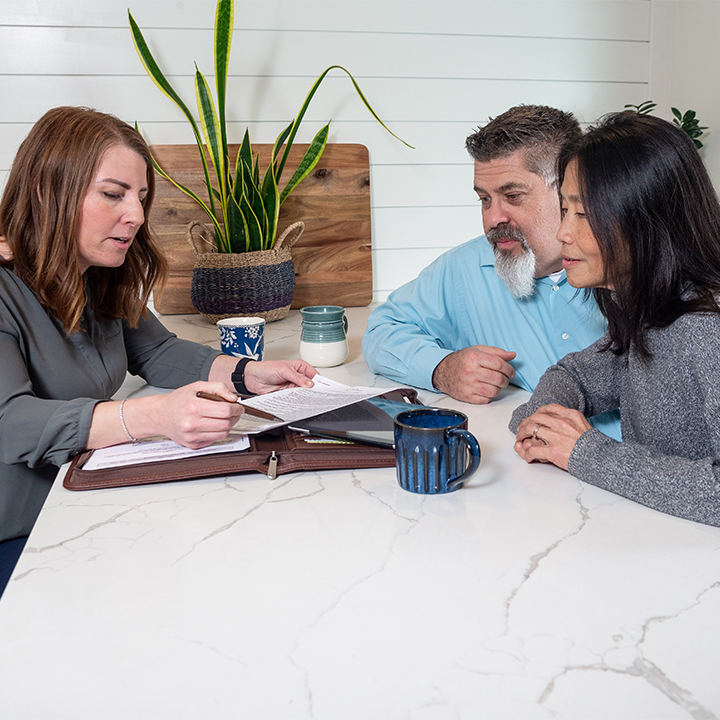- Insurance Guide
- Money Management
- Building An Emergency Fund
How to build an emergency fund

Life can surprise any of us. A sudden job loss, a leaky roof, a teenager’s fender bender or an unexpected medical bill can throw your budget off track. When these things happen, having an emergency fund to dip into can make all the difference — potentially providing reassurance and a financial cushion when you need it most.
What is an emergency fund?
An emergency fund is money set aside to cover unexpected expenses or a financial emergency. Its sole purpose is to provide relief and ideally reduce reliance on credit cards or loans in times of uncertainty.
Where should I keep an emergency fund?
Where you keep emergency savings will depend on your situation, but there are important things to consider. Make sure your funds are safe, accessible and somewhere you’re not tempted to spend them on a nonemergency. Many people choose to keep an emergency fund in a savings account in a credit union or bank, separate from any other day-to-day accounts.
Common misunderstandings
We may all agree that an emergency fund is something we should have. But sometimes questions and concerns get in the way. Common misconceptions about emergency funds, like “I don’t make enough money to save,” or “I’ll just get a credit card to cover an emergency,” or even “Nothing bad is going to happen,” could cloud our thinking. Yet the key is starting small, avoiding debt if possible and understanding that problems can arise at the least convenient moments.
Why do I need an emergency savings fund?
An emergency fund is there to be a safety net when life doesn’t go according to plan. Instead of turning to credit cards or loans that may put you into debt, with emergency savings you’ll have cash set aside to help cover those surprise expenses.
Beyond the financial security it provides, an emergency fund also offers reassurance and some breathing room. Knowing you have a cushion to fall back on can reduce stress, help you make clearer decisions in the moment and offer confidence that you’re ready — at least financially — for the unexpected.
Getting started: Steps to building an emergency fund
Even getting started building emergency savings can feel overwhelming, but it doesn’t have to. Begin by setting a goal. Many experts recommend aiming for three to six months’ worth of essential expenses, but even a smaller amount can make a big difference. Examples of essential expenses could include things like rent or a mortgage, car payments, or childcare.
Next, look at your budget to see where you can consistently set money aside, even if it’s just a little bit each month. One strategy is to set up automatic recurring transfers through your employer or your checking account, with a set amount going into an emergency fund every week or pay period. The saying goes, “If you don’t see it, you won’t miss it.”
Finally, keep your emergency fund in an account that’s safe, separate from your everyday spending and easy to access when you really need it. Waiting to liquidate funds from other kinds of accounts might not be feasible when you need money quickly.
Helping your fund grow
Once you’ve started your emergency fund, the next step is finding ways to grow it faster. You could look for small ways to bring in extra income, like a side hustle, and funnel any earnings right to your fund. And when unexpected windfalls come your way, like a tax refund or work bonus, consider setting aside a portion to give your emergency savings a boost.
An emergency fund exists to help cushion the blow that an unexpected expense brings. Experts say everyone should have one in place. That said, every situation is different, and no one solution is right for everyone. If you have questions about where to start or how to grow your emergency savings fund, reach out to a trusted financial advisor.



